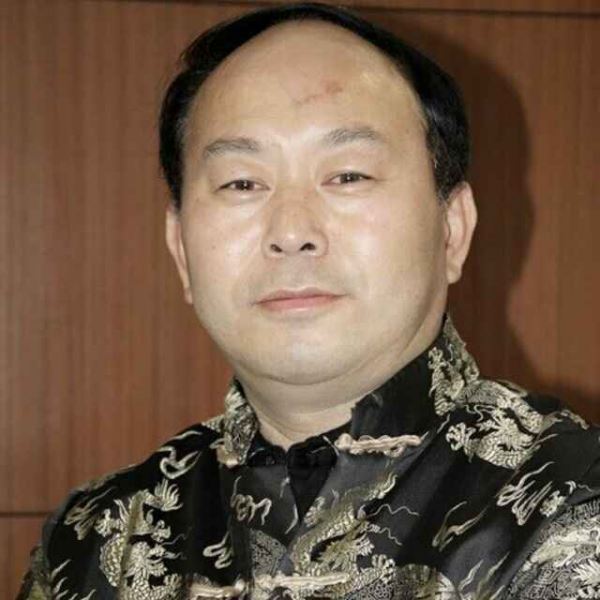
“敬尺”,具有三层含义:
1,“宇宙同源同启,人类同根同祖”,“万教归一,唯有祖先”让全人类,树立对“祖先”及“祖先文化”敬畏之心。
2,敬尺,蕴含“您敬我一尺,我敬您一丈”之包容,谦让的中华传统美德。让人人成为“谦谦君子”。
3,对犯严重错误的孩子之教育,施以“家法”之“惩戒”,有“戒尺”功用。
敬天,敬地,敬祖先
敬圣,敬贤,敬亲朋
一把敬尺,“家之魂宝”。
中华祖先文化研究会
Jing Chi(simplified Chinese:敬尺), includes three implications as stated below:
1) Jing(simplified Chinese:敬) in Chinese serves as a transitive verb, meaning paying respect or reverence to somebody or something. Traditional Chinese philosophy suggests that human beings are living in an integrated cosmos; we are consanguineously associated despite the difference of gender or race. It also emphasizes the ultimate supreme of our Ancestors, our root. Hence Jing Chi contains a certain good wish to establish a sense of respect towards our ancestors as well as our ancestral culture among people.
2) Chi(simplified Chinese:尺) is a Chinese unit of length(1 Chi=1/3 meter). Traditional Chinese Values advocate that if someone gives way to you measuring 1 Chi, you should be grateful and in return make way for him of 1 Zhang (another Chinese unit of length equals 10/3 meters), which in other words implies that mutual humility and politeness are needed in interpersonal relationships, that only if you have shown your sincere respect towards others will you be treated nicely in turn. Chinese people believe that gentlemen are thus bred in this way.
3) One of the many compound words derived from Chi, Jie Chi(simplified Chinese:戒尺) in Chinese, serves as a countable noun meaning a usually 1/5-meter-length, 2-finger-width wooden ruler owned by teachers in school or elder members in a family, to deter naughty children from or punish some of them for doing something severely wrong. “Jing Chi”, in this way meaning “respecting the ruler”, indicates Chinese people’s awe for regulations or law.
Chinese culture values the importance of paying esteem towards almost everything: the God, the Earth, the Ancestor, the Saint, the Scholar, the relatives and the friends etc. In this sense, Jing Chi is literally considered as a precious Chinese family treasure.
From the Chinese Ancestral Culture Research Society.